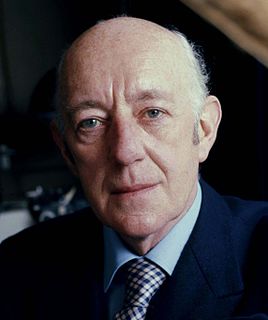A Quote by Emma Goldman
Peter Kropotkin...was recognized by friend and foe as one of the greatest minds...of the nineteenth century...The lucidity and brilliance of his mind combined with his warm-heartednes s into the harmonious whole of a fascinating and gracious personality.
Related Quotes
Friedrich Hayek, who died on March 23, 1992 at age 92, was arguably the greatest social scientist of the twentieth century. By the time of his death, his fundamental way of thought had supplanted the system of John Maynard Keynes - his chief intellectual rival of the century - in the battle since the 1930s for the minds of economists and the policies of governments.
Most of what I read is for reviewing purposes or related to something I want to write about. It's slightly utilitarian. I definitely miss that sense of being a disinterested reader who's reading purely for the pleasure of imagining his way into emotional situations and vividly realized scenes in nineteenth-century France or late nineteenth-century Russia.
He[Napoleon] had destroyed only one thing: the Jacobin Revolution, the dream of equality, liberty and fraternity, and of the people rising in its majesty to shake off oppression. It was a more powerful myth than his, for after his fall it was this, and not his memory, which inspired the revolutions of the nineteenth century, even in his own country.
Given that the nineteenth century was the century of Socialism, of Liberalism, and of Democracy, it does not necessarily follow that the twentieth century must also be a century of Socialism, Liberalism and Democracy: political doctrines pass, but humanity remains, and it may rather be expected that this will be a century of authority ... a century of Fascism. For if the nineteenth century was a century of individualism it may be expected that this will be the century of collectivism and hence the century of the State.
Blest be the gracious Power, who taught mankind
To stamp a lasting image of the mind!
Beasts may convey, and tuneful birds may sing,
Their mutual feelings, in the opening spring;
But Man alone has skill and power to send
The heart's warm dictates to the distant friend;
'Tis his alone to please, instruct, advise
Ages remote, and nations yet to rise.
On that night I was left with only the truth that nothing of our personality survives after death, that in the end all that was Misha Vainberg would evaporate along with the styles and delusions of his epoch, leaving behind not one flutter of his sad heavy brilliance, not one damp spot around which his successors could congregate to appreciate his life and times.




































